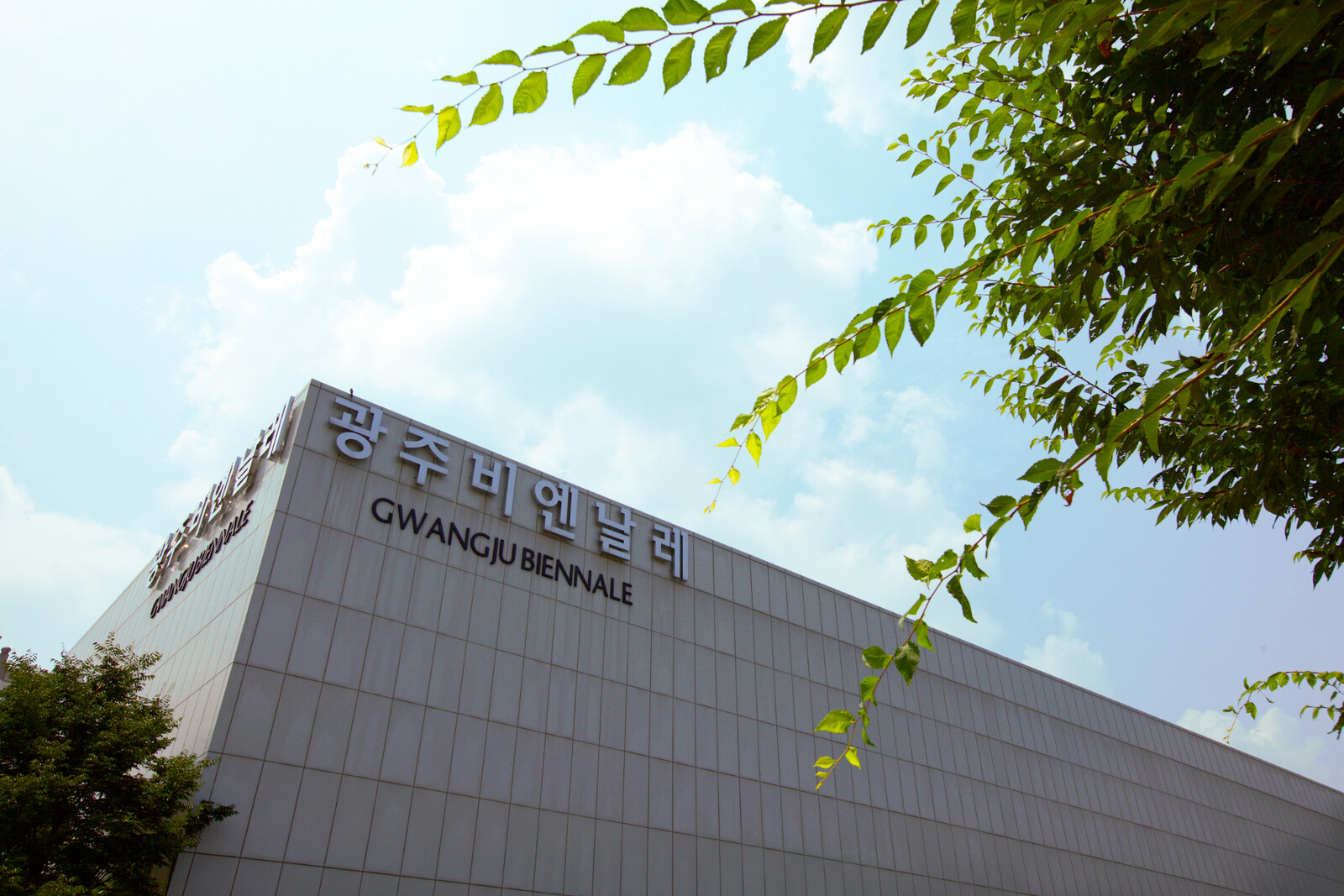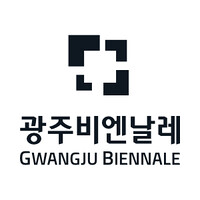April 7–July 9, 2023
The Gwangju Biennale Foundation announces the opening of the largest Gwangju Biennale Pavilion in the city’s history. First launched in 2018, the Gwangju Biennale Pavilion aims to promote exchange between local and international art and cultural institutions. It serves as an international platform for artistic and cultural exchange and promotion, introducing notable artists and curators from around the world as well as local institutions. This year, it will feature works from the world’s most active artists and curators, showcasing diverse types of contemporary art to the public. During the 14th Gwangju Biennale, taking place from April 7 to July 9, the Gwangju Biennale Pavilion will take visitors through a vivid scene of contemporary art in addition to the main exhibition soft and weak like water.
Amsterdam-based cultural organization Framer Framed will hold evidentiary hearings in the form of an alternative climate court that prosecutes climate crimes committed by governments and corporations that threaten the existence of human and nonhuman communities past, present and future at the Gwangju Museum of Art. Three public hearings will take place.
The exhibition by the Embassy of Switzerland in the Republic of Korea takes place at Leeleenam Studio devising an artistic point of view on the urban environment and digital transformations of human perception and the social changes that go with them through photographs of eight young photographers from Switzerland and Korea.
The Embassy of Ukraine in the Republic of Korea will screen Ukrainian films at the Asia Culture Center (ACC), conveying a powerful message of freedom in Gwangju, a city for is known for its democratic and humanitarian history.
The relationship between humans and objects is explored at the group exhibition held at the Gwangju Media Art Platform (G.MAP) by the Center for Digital Art in Holon (CDA Holon) in Israel.
Instituto Italiano di Cultura di Seoul presents the metaphor of water as a symbol of constant becoming, going beyond anthropocentric and dichotomous paradigms, to envision transformative possibilities and introduce narrations of harmonic, hybrid, and sustainable coexistence at the Dong-gok Art Museum, operated by the Bomun Welfare Foundation.
The National Art Museum of China showcases the spirit of bamboo and its contemporary visual transformation through sculpture, painting, media, and installation art at the Eunam Museum of Art.
Canada’s West Baffin Cooperative will feature a survey examination of current drawing and sculptural practices by its Inuit artist members at the LeeKangHa Art Museum.
The Adam Mickiewicz Institute will organize a comprehensive public programme exploring art beyond art, held at 10YGROUND and Yangnim Salon. In addition, a film in support of Ukraine will be shown at Gallery Podonamu.
Institut français and the French Embassy in the Republic of Korea bring Zineb Sedira’s French Pavilion which received a special mention at the 59th Venice Biennale, to Yangrim Gallery. The multidisciplinary exhibition will be adapted for Korean cultural and historical heritage.
Gwangju is home to the most vital art and cultural institutions in the Republic of Korea. The local institutions are the venues that make Gwangju a world-renowned destination for art lovers. From national and city museums to private galleries and alternative spaces, the institutions present contemporary art throughout Gwangju. These institutions are familiar to the local residents and help create international discourse on art around the world and will organize exhibitions, and academic exchanges, including symposiums as well as visitor-friendly public programs such as lectures and workshops.
Cooperation between local and international institutions matched at the 14th Gwangju Biennale Pavilion will continue after the Gwangju Biennale in the form of various collaborative projects such as exchange exhibitions. In particular, this year Korea celebrates the 60th anniversary of diplomatic relations with Switzerland and Canada, making the Gwangju Biennale Pavilion even more meaningful for the countries.
Gwangju Biennale Foundation President Park Yang-woo said, “not unlike the Venice Biennale, where nations promote their country’s art, the Gwangju Biennale Pavilion will also serve as a conduit for intercultural exchange. Prestigious cultural institutions from around the world will showcase their artists and works, providing a platform for global art communities to come together and coalesce in Gwangju.
Press releases, relevant images, and supplementary material can be found here.
Press contacts
National contact: Elisa Lee, elisa.lee [at] gwangjubiennale.org
International contacts: Milly Carter Hepplewhite, milly [at] pelhamcommunications.com and Yaz Ozkan, yaz [at] pelhamcommunications.com








